15 April, 2019
Egg donation, an assisted reproduction technique well worth considering

Many couples experience difficulty in conceiving due to several factors, the main one being lifestyle changes. Motherhood has been delayed because the necessary incorporation of women in the workforce to obtain professional and economic stability and because of this, the average age nowadays for first time mothers is 35 – the age at which there are higher risks of infertility.
As a result, egg donations have become one of the most used assisted reproduction techniques, having a 75% success rate and providing an ideal option for women over 40 years of age who wish to become mothers.
The process of donor selection is complicated as potential donors are given a battery of psychological and physical tests that they need to pass. Statistics show that only 20% of women who decide to become egg donors actually end up donating as approximately 70% of donors are rejected during the first round of interviews. By law, donors can never be more than 30 years old, but most women who decide to give life and donate are much younger than this which is the reason why this assisted reproduction technique has high success rates. In addition, donors remain anonymous by law in Spain, which makes it attractive for recipient couples.
Egg donation is necessary for women have lost functions of their ovaries due to menopause, for example, or due to the failure or removal of the ovaries. It is also an option for women who have had no success with IVF treatments because of low egg reserves or bad egg quality.

The performance of an egg donation technique is independent of a woman’s age, making it a wonderful solution for many women of any age that have experienced failures with conventional treatments. The only requirement that a woman needs to have is good health and a healthy uterus. In Spain, the maximum age limit for which a woman can receive a donor egg is 50 years of age.
Although the decision to receive a donor egg may be difficult to make, it is an important one to consider and well worth it, especially after all other treatments have failed.

Back to blog
In other news

28 August, 2019
Our stork travels the whole world
From Australia, South Africa, USA, Norway, Denmark, Iran, Dubai, Germany, Italy, and so on to Marbel...
[Continue reading ]26 November, 2020
What is the success rate of assisted reproduction treatments
It is important to know that at HC FERTILITY we are convinced that if there is a possibility of preg...
[Continue reading ]


